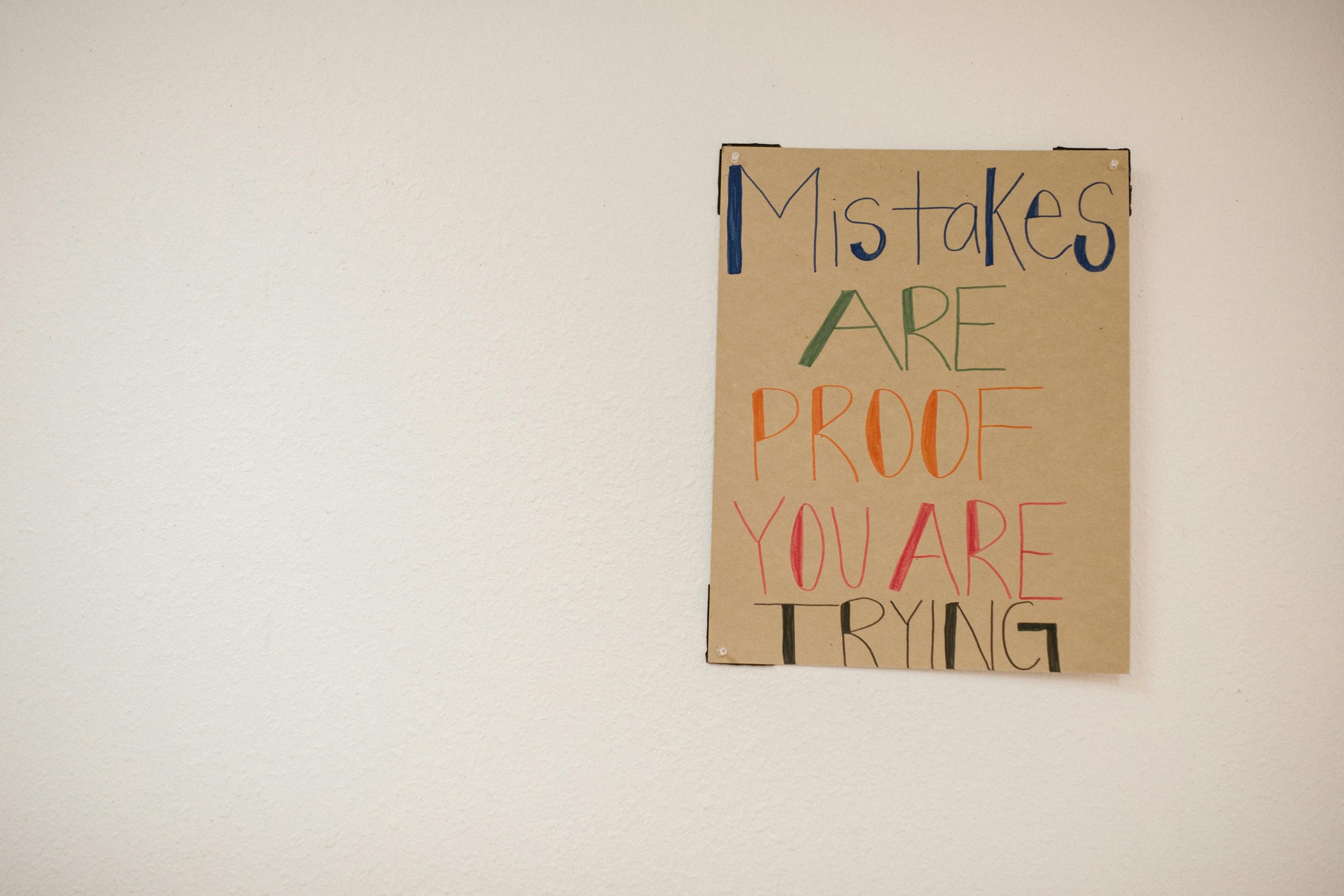Understanding Your Rights After a Hit-and-Run Incident: A Guide for Vehicle Owners
Dealing with a rear-end collision caused by an unlicensed and uninsured driver can be stressful, especially when the at-fault party wishes to settle privately. If you’ve found yourself in this situation, it’s crucial to protect your interests and understand your options. Here’s a professional overview to help guide your next steps.
The Incident Overview
Recently, I was involved in a minor rear-end collision when a vehicle without valid license, registration, or insurance struck my car. The damage was limited to a scratched rear bumper, but the circumstances raise concerns about liability and potential complications. The driver has no official identification and has proposed to settle the matter privately, bypassing the insurance process.
What Evidence Do You Have?
- Video footage capturing the incident, including the vehicle’s license plate, as well as pictures of the driver and passenger
- Photographs documenting the damage to your vehicle
- Contact information of the driver, along with the passenger’s ID and phone number
Next Steps and Considerations
- Timelines for Filing Claims
While delays can vary, most insurance companies, including GEICO, have specific deadlines to report accidents—often within 24 to 72 hours. However, given the circumstances, you should contact your insurer promptly to explain the situation. It is generally advisable to notify your insurer today about the incident and clarify that you are exploring a private settlement. This transparency helps protect your coverage and ensures you meet any contractual obligations, but be cautious not to admit fault prematurely.
- Collision Deductible Waivers for Uninsured Drivers
In some cases, if the at-fault driver is uninsured or unlicensed, you might qualify for a waiver of your collision deductible. This depends on your policy provisions and GEICO’s specific policies. Contact GEICO directly to inquire about deductible waivers in scenarios involving uninsured or unlicensed drivers.
- Impact on Insurance Premiums
Even if the insurance claim is not formally filed or if you handle the matter privately, insurance companies often record at-fault incidents. Since the evidence clearly indicates you are not at fault, you can argue your case, and many insurers may not increase your premiums. Nonetheless, it’s wise to confirm with your insurer how this incident could influence future rates and whether filing an official claim is necessary to prevent further complications.
Final Advice
Given the complexities surrounding uninsured and unlicensed drivers, it’s essential to prioritize documentation and legal advice. Consider consulting with



